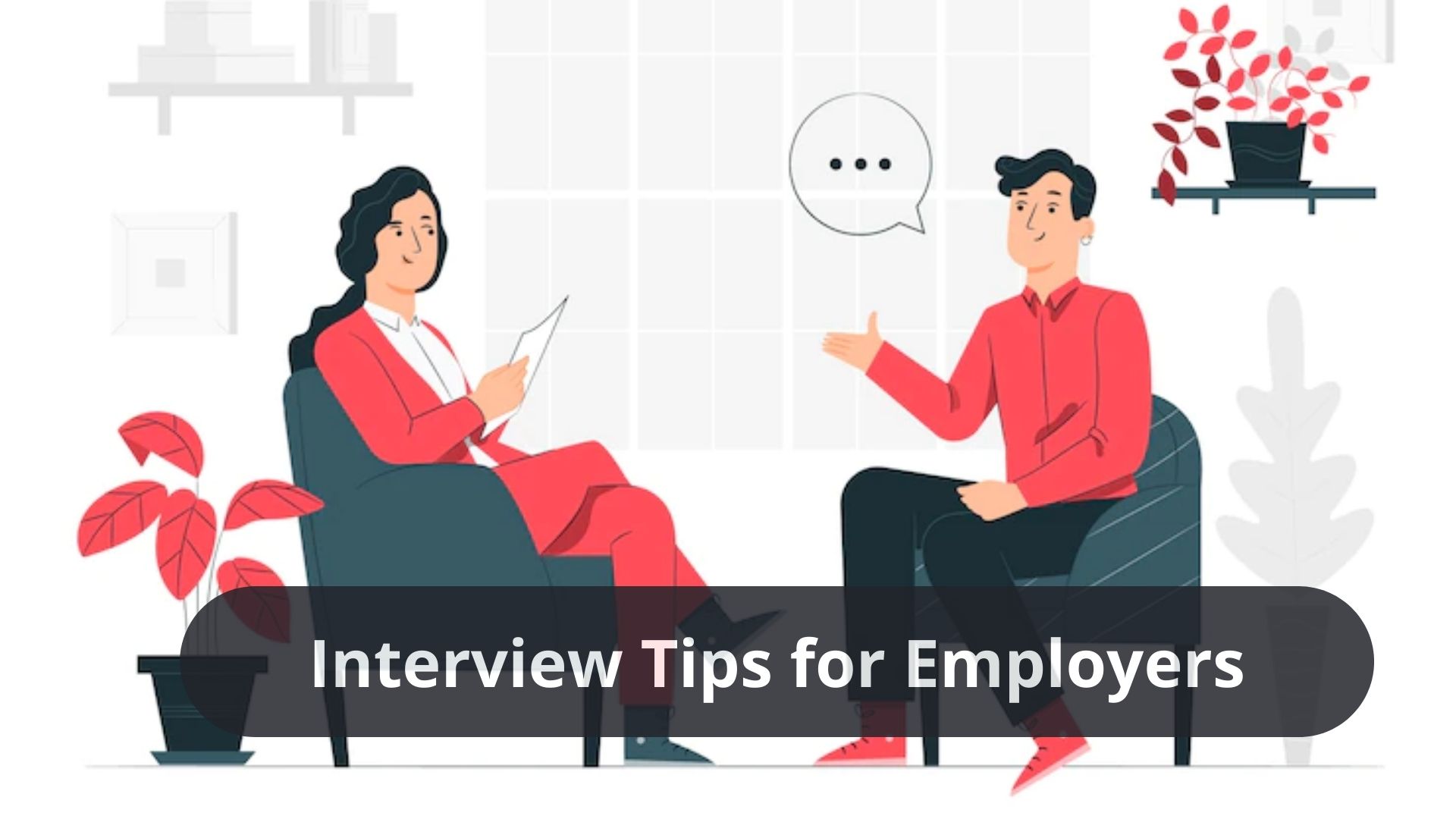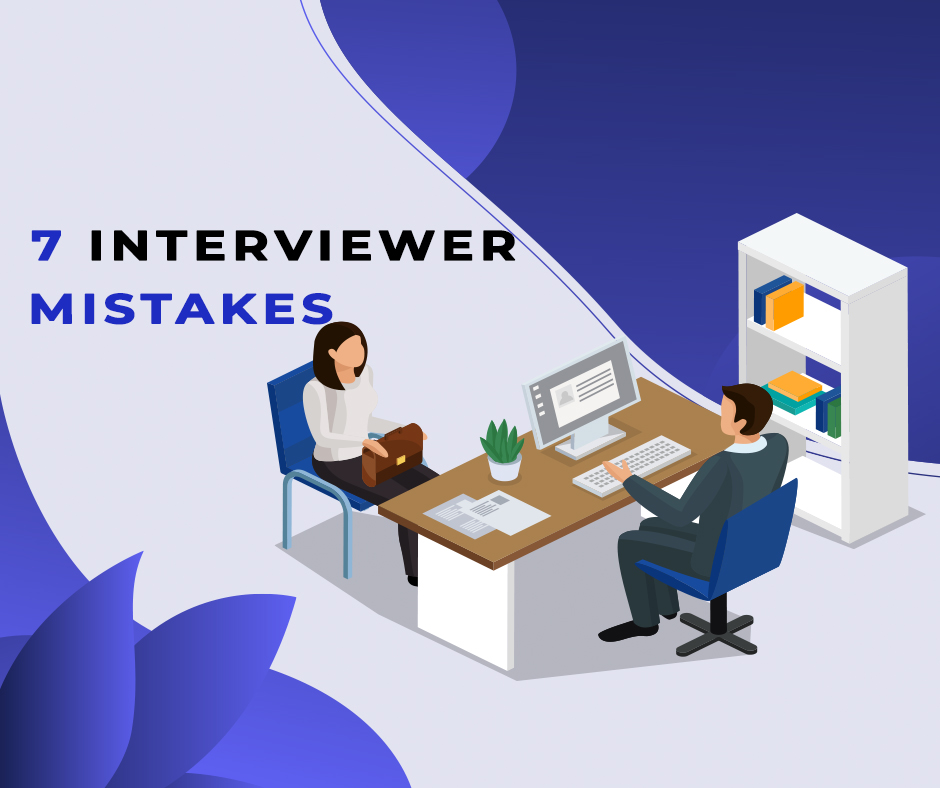What Are Best Key Assistant Store Manager Interview Questions?What Are Best Key Assistant Store Manager Interview Questions?
What Are Key Assistant Store Manager Interview Questions? Introduction: Unlocking the Gateway to Leadership Every
The Consultant’s Blog: Smart Solutions for Modern Businesses
the best interview tips to help you prepare, build confidence, and impress employers. Learn how to answer common questions and land your dream job.

What Are Key Assistant Store Manager Interview Questions? Introduction: Unlocking the Gateway to Leadership Every

Why Senior Leadership Recruitment Can Make or Break Your Organization The Hidden Challenges of Executive

Navigating the Digital Hiring Landscape The recruitment environment is changing at a dizzying rate. Video

The hiring process can be a stressful time, but it doesn’t have to be. Even

Low pricing structure Earlier than you begin locating a pro for your corporation, weigh the

Industry experts with a proven track record We work closely with our clients to understand

Agencies that outsource accomplish that by preserving budget in thought and neglecting that the offshore

OM SAI GROUP CONSULTANCY may be a preferred talent acquisition partner to Multinationals and leading

Quick guide to learn about common interviewer mistakes. You should avoid it before conducting the